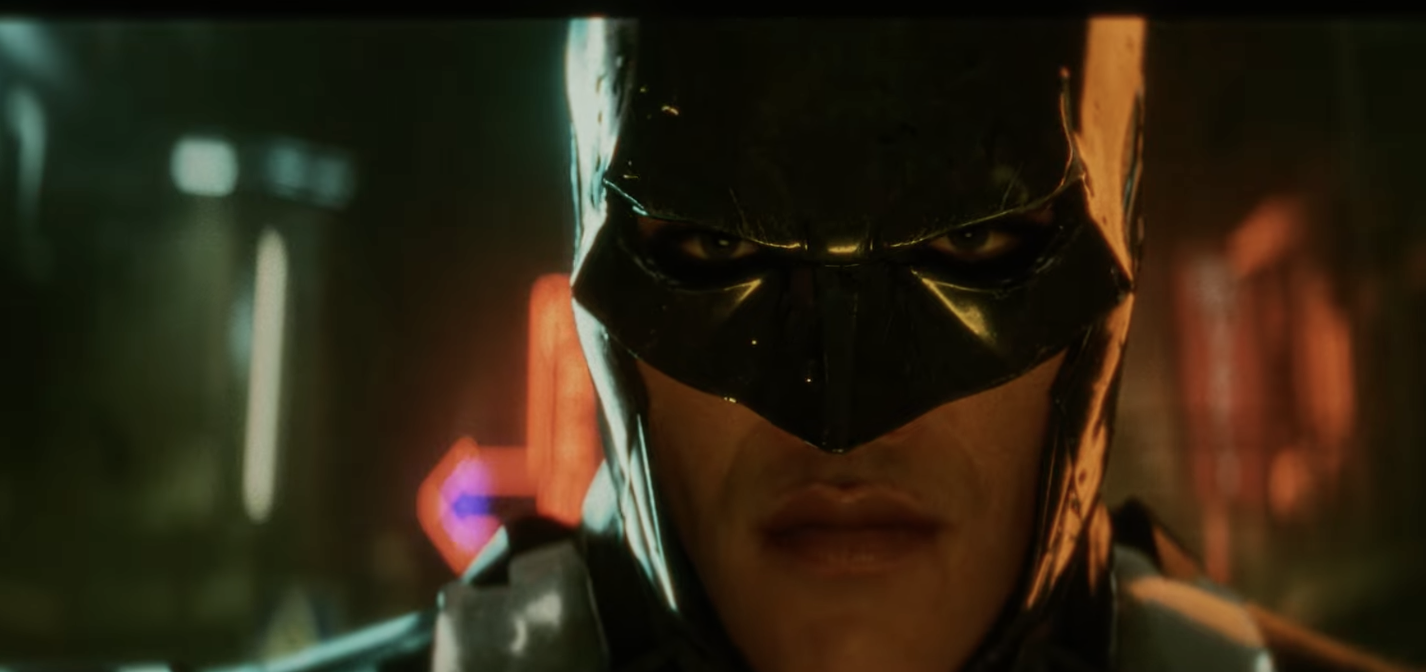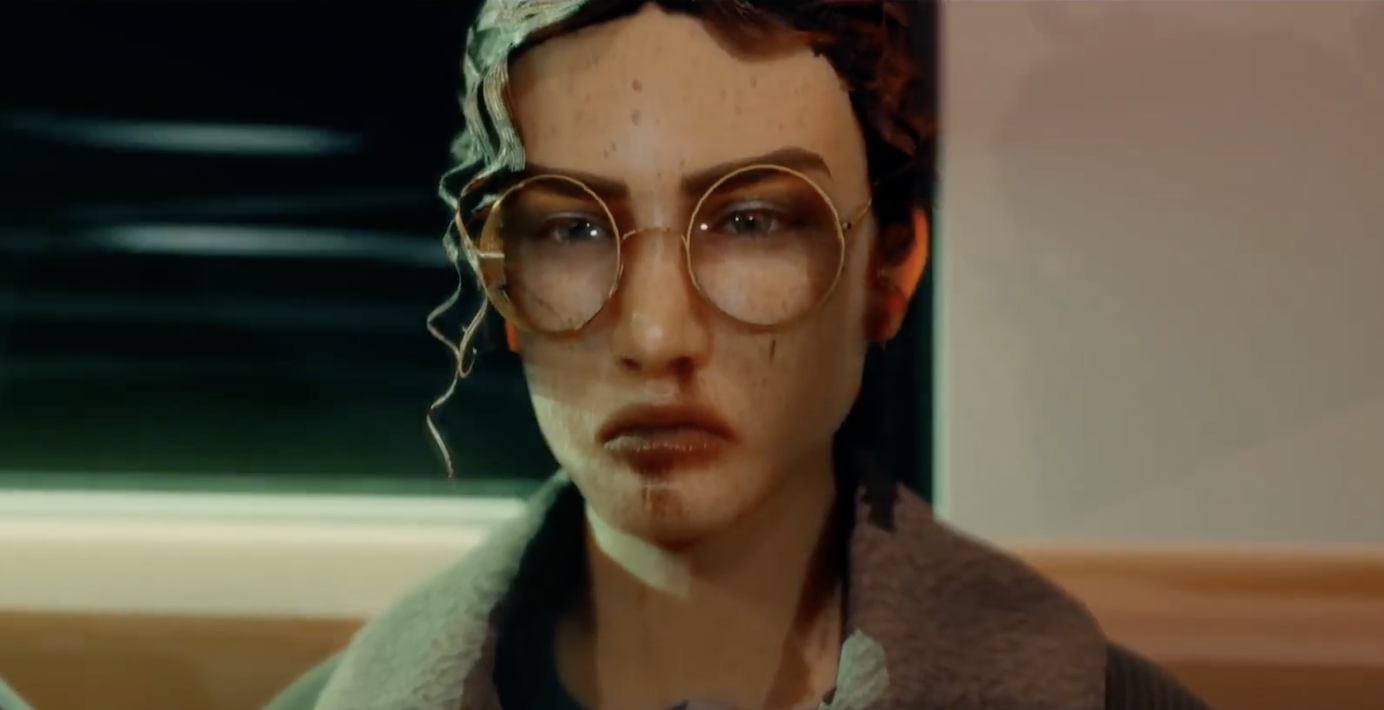S4 E118 Slapstick: 100 Ways to Die in Starfield (Feb 2024)

100 Ways to Die in Starfield is wonderful stuff – whether you are 15 or 50! For all those who have distant memories of seeing classic slapstick comedy featuring Charlie Chaplin in B&W, well now you can see a contemporary interpretation in the incredible Starfield universe – and enjoy it with the grandkids! @mans1ay3r has a rich stream of work to his name – others in the ‘ways to die’ series include RDR2 and Star Wars. Importantly, given the game environment in which this has been made has been less well received than expected, the success of this short exemplifies the role #machinima plays for publishers in keeping it at the forefront of players’ imaginations. Great job all around!
YouTube Version of this Episode
Show Notes and Links
Film, by Mans1ay3r, released 23 December 2023 –
What is slapstick comedy? History, examples and advice – check out this link
Starfield updates mentioned in our discussion are here







Recent Comments